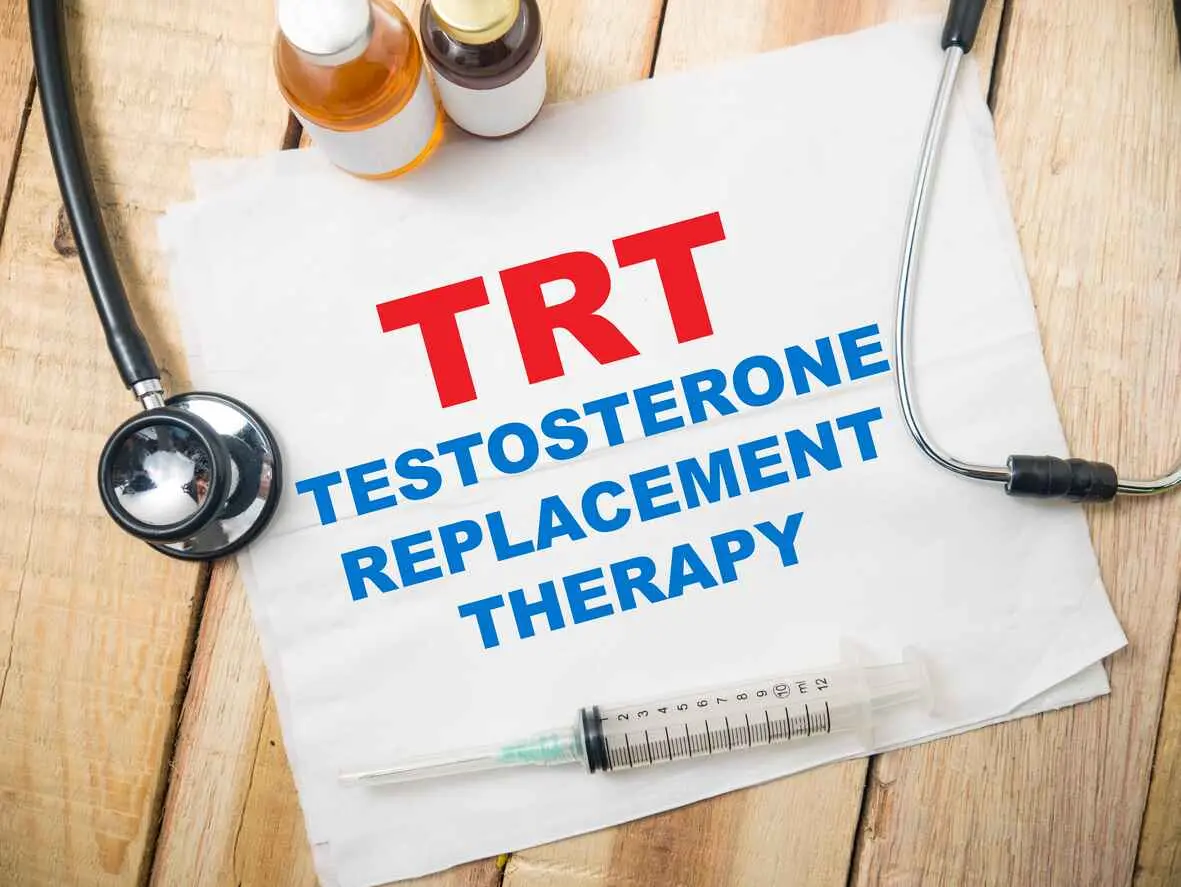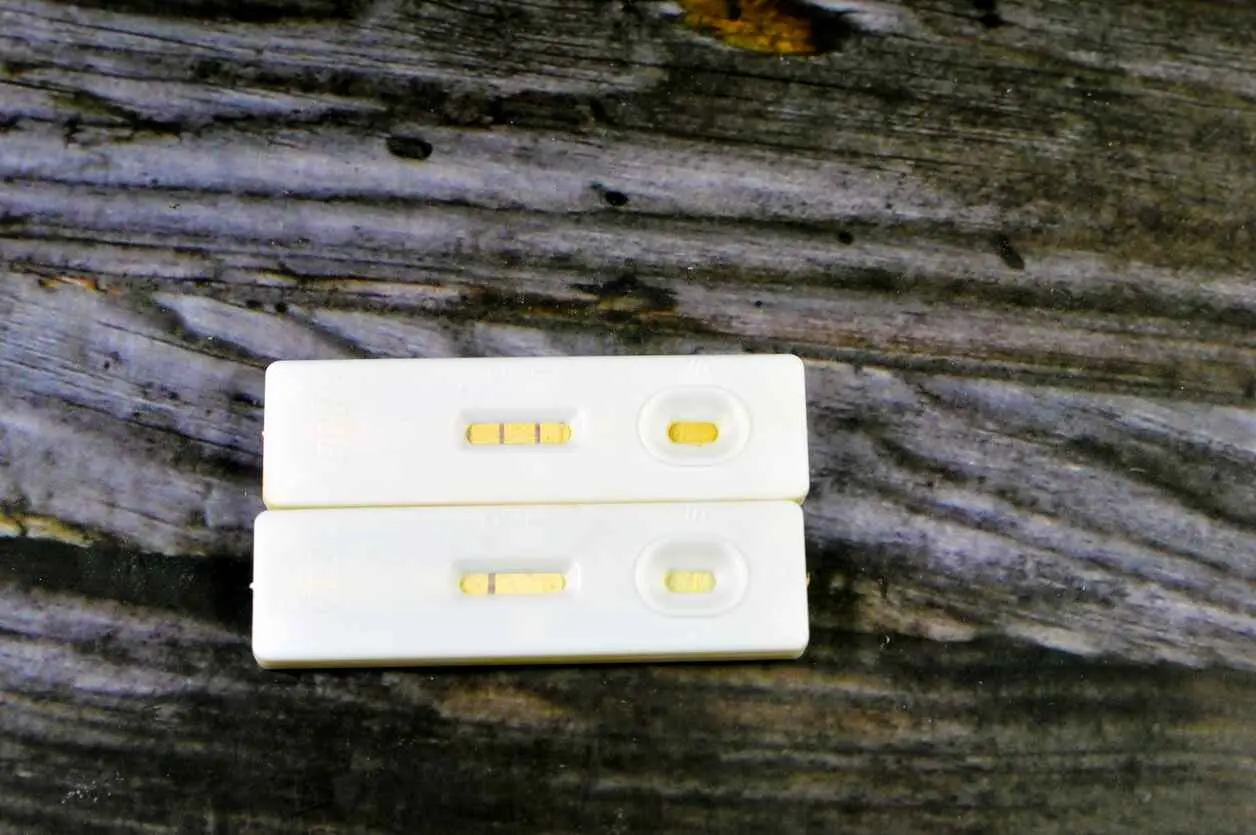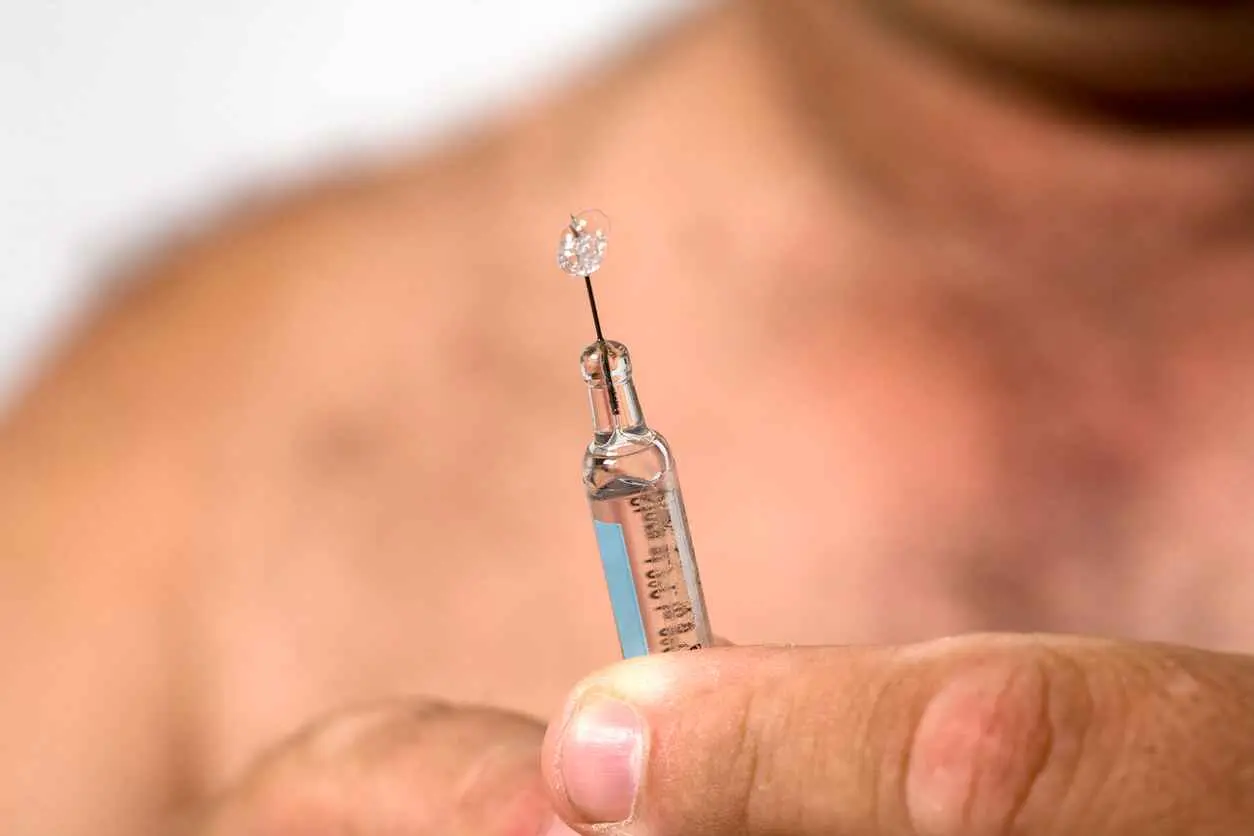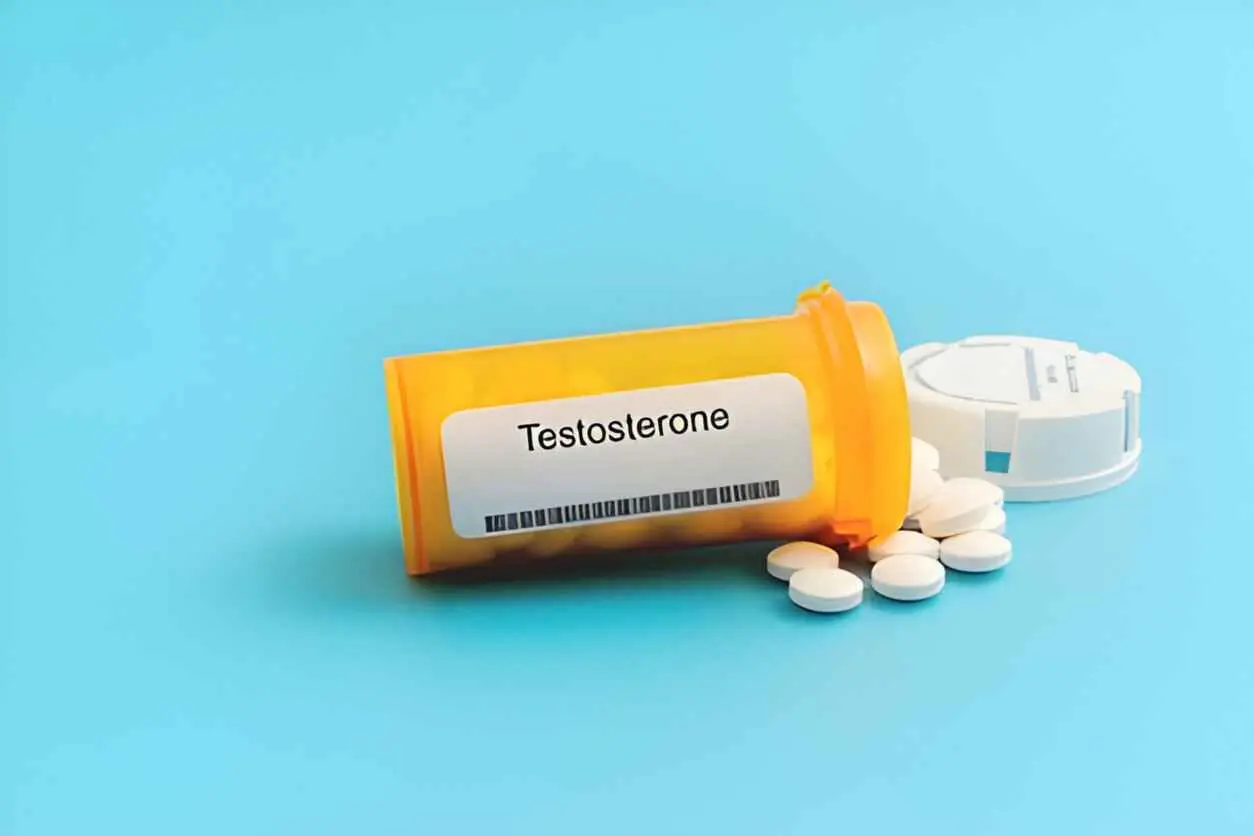
A Closer Look At Testosterone Treatments
A Closer Look At Testosterone Treatments
Testosterone is a hormone that plays a significant role in how the body works. It helps with energy, mood, muscles, and even sleep. Both men and women have it, but men have much more.
Lately, more people are talking about low testosterone, often called "Low T". Some men say they feel tired all the time, lose muscle, or have low interest in sex. This has led to more people looking for treatments, including something called testosterone replacement therapy, or TRT.
Doctors say it is normal for testosterone to go down slowly as men get older. But in some people, it drops too much and causes real problems. There are also other reasons for low testosterone, like stress, poor sleep, being very overweight, or certain illnesses.
In this blog, we will look closely at testosterone and the treatments that can help when levels are too low. We will talk about:
- What testosterone does in the body
- Why do some people have low levels
- Signs that you might have low testosterone
- Ways to raise it naturally, like through exercise and food
- Medical treatments, including TRT
- The good and bad sides of using testosterone treatments
- New treatments and where to get help safely
All the facts are based on trusted research and expert advice. This guide is here to help you understand your body and health clearly and simply.
Understanding Testosterone and Low T
What is testosterone?
Testosterone is a hormone. Hormones are special chemicals in the body that help control how we grow and feel. Testosterone is found in both boys and girls, but boys have much more of it.
In boys, testosterone helps with growing muscles, getting a deeper voice, growing body hair, and having energy. It also helps with mood, sleep, and sex drive when they are older.
What does Low T mean?
Low T means low testosterone. This happens when the body does not make enough of the hormone. If this happens, a person might feel tired, sad, weak or have less interest in things they used to enjoy.
Doctors can check testosterone levels by doing a blood test. If the level is too low and the person has signs like tiredness or mood changes, the doctor might say they have something called hypogonadism. That means the body is not making enough testosterone.
Why do some people have low testosterone?
There are many reasons why testosterone levels might go down:
- Getting older. Testosterone usually starts to drop a little after the age of 30.
- Gaining too much weight. Being overweight can lower testosterone.
- Not sleeping well. Poor sleep or sleep problems can affect hormone levels.
- Feeling very stressed. Stress can cause another hormone called cortisol to increase. This can push testosterone down.
- Being sick or hurt. Some illnesses or injuries to the brain or testicles can stop the body from making enough testosterone.
- Some medicines. A few medicines can also lower testosterone levels.
Is it always a problem?
A slight drop in testosterone over time is normal. It happens to most people as they get older. But if someone starts feeling very tired, weak, moody, or has trouble sleeping, it might be something more.
In the UK, doctors do not give testosterone medicine to everyone with low levels. They only provide it if the person has both low levels and severe symptoms that significantly impact their daily life.
If you or someone you know feels different and it might be from Low T, the best thing to do is talk to a doctor. They can check what is happening and help you find the best way forward.
Signs and Symptoms of Low Testosterone
Low testosterone can cause many different signs in the body and the mind. Some are easy to notice, while others take time to show. Here are the most common ones to look out for:
Feeling tired all the time
One of the most significant signs is feeling very tired even after sleeping well. You might feel like you have no energy to do everyday things.
Losing muscle and getting weaker
Testosterone helps build muscle and keep you strong. When levels go down, you might find it harder to exercise, and your muscles may look smaller or feel weaker.
Gaining body fat
Some people with low testosterone start gaining fat, especially around their stomach. They might also find it harder to lose weight even if they eat well and stay active.
Low mood and sadness
Testosterone helps with mood and feelings. When it drops, people might feel more worried, sad, or even depressed. They might also find it hard to focus or think clearly.
Trouble sleeping
Low testosterone can make it harder to fall asleep or stay asleep. Some people wake up often during the night or feel tired in the morning.
Less interest in sex
Testosterone also helps with sex drive. If levels are low, a person might feel less interested in sex or have problems like difficulty getting or keeping an erection.
Feeling less confident
Some people say they feel less confident or motivated when their testosterone is low. They might not enjoy things the same way they used to.
When to see a doctor
If someone has many of these signs, it is a good idea to see a doctor. The doctor can ask questions, do a blood test, and help figure out if low testosterone is the cause.
Even young men can have low testosterone, especially if they are under a lot of stress, not sleeping well, or have gained a lot of weight. The sooner they get help, the better they can feel.
What Are The Benefits Of Testosterone Replacement Therapy For Men?
Testosterone replacement therapy offers a variety of benefits for men, including:
- A healthier heart
- More muscle mass
- Better memory and mood
- Higher libido
- Improved sleep
Testosterone therapy can also boost the production of lean body mass, which helps with weight management. To find out more about the advantages of testosterone replacement therapy, it’s a good idea to get in touch with your local testosterone clinic for further details.
How Much Does TRT Therapy Cost?
The cost of TRT (testosterone replacement therapy) can vary based on your specific health conditions, the dosage, and how long the treatment will last. Before beginning TRT, discussing the costs with your nearest TRT clinic is wise. Don't forget to ask about different payment options to help you budget for the treatment.
How Do I Diagnose Low T Levels?
To check for low testosterone levels during TRT (testosterone replacement therapy), your doctor will use a simple blood test to measure the amount of testosterone in your blood. Since testosterone levels can vary during the day, you might need several tests for accurate measurements. Doctors usually prefer to check testosterone levels in the morning because they are generally highest around 8 am.
Is Testosterone Therapy Suitable For You?
If you're showing signs of low testosterone, like a reduced sex drive, changes in mood, and lower blood levels, then testosterone replacement therapy could be a good way to address these problems.
What Results Should You Expect From Treatment?
Since every man is unique, those using testosterone replacement therapy often see different results. However, many men notice a big improvement in their mood, sex drive, and energy levels. They also report better muscle mass, more responsive insulin levels, and stronger bones.
How To Get Testosterone Replacement Therapy?
If you're a man showing signs of low testosterone levels, a doctor will first review your medical history and carry out some lab and physical tests. Based on these, they'll create a tailored plan for testosterone replacement therapy (TRT) that suits your needs. However, you'll need a prescription from your doctor to start the TRT treatment.
Patches
Testosterone transdermal patches are stuck directly onto the skin and should be used simultaneously each night, left on for 24 hours. Remember to change the patch location every seven days to prevent skin irritation.
Capsules (Clomiphene Citrate)
Testosterone capsules are pill forms of testosterone usually given to treat low testosterone in both younger and older men. They are often the last choice for patients who can't use other forms of testosterone, like injections. It's important to talk to your doctor about the downsides and what you might expect from using testosterone pills.
Boosters
Testosterone boosters are medicines and supplements that often include zinc, d-aspartic acid, and DHEA. These are designed to help men increase their testosterone levels, muscle mass, and sex drive. While some testosterone supplements can be bought without a prescription, you should always consult with a qualified hormone specialist before buying them. To make sure you get a safe and effective product, only buy testosterone boosters if you have a prescription from your doctor.
Exploring The Range Of Testosterone Treatments We Provide
At Androgenix, we use both bioidentical and synthetic hormones that act like male testosterone for treatment. We provide various methods of TRT (testosterone replacement therapy) for men, which include:
Creams/Gels
Testosterone cream and gels are rubbed directly onto the skin (typically on the shoulders, upper arms, or abdomen). This allows the body to absorb and slowly maintain stable testosterone levels in the blood. As different brands of gel contain varying amounts of testosterone, your doctor will first give you a specific prescription that suits your needs, helping you choose the right testosterone gel.
Injections
Testosterone replacement therapy injections generally use testosterone in a liquid form meant for intramuscular injections, available in 100 mg and 200 mg vials. Doctors might prescribe various types of testosterone for injection treatments, but testosterone cypionate is the most commonly used.
Based on your medical history, your doctor at Androgenix will decide on the most suitable testosterone treatment for you.
Understanding The Risks Involved
Like all medications, testosterone replacement therapy can raise the risk of certain medical conditions, including:
- Sleep apnea
- Higher chance of having a stroke
- High blood pressure
- Worsening urinary problems
- Polycythemia (an increase in haemoglobin concentration)
It's important to talk about the potential risks, your medical history, and any other medications you're taking with a TRT doctor near you before starting testosterone replacement therapy injections as a long-term treatment.
Frequently Asked Questions
Can low testosterone affect mental health and mood?
Yes, low testosterone can lead to mood swings, irritability, anxiety, and even depression in men. Testosterone plays a role in brain function and emotional balance. If you’re experiencing low mood along with fatigue or low sex drive, it may be linked to hormonal imbalance.
What is the best time of day to test testosterone levels?
The best time to test testosterone levels is early in the morning, usually between 7 a.m. and 10 a.m., when levels are at their highest. Accurate testosterone testing for men often requires two morning tests to confirm if your levels are truly low.
Can low testosterone cause problems with relationships?
Low testosterone can impact relationships by lowering sex drive, reducing energy, and affecting mood or confidence. These changes may lead to misunderstandings or distance between partners. Talking openly and seeking treatment for low testosterone symptoms can help improve both health and connection.
Is testosterone therapy safe for men who want children?
No, testosterone replacement therapy can lower sperm count and may reduce fertility in men. If you're trying to conceive, ask about alternative treatments for low testosterone that preserve fertility, such as clomiphene or lifestyle changes to increase testosterone naturally.
At what age do testosterone levels start to decline in men?
Testosterone levels usually start to decline after age 30, with a gradual drop of about 1% per year. While this is a regular part of ageing, some men experience more rapid drops that lead to noticeable symptoms of low testosterone needing medical attention.
Can being overweight lower testosterone levels in men?
Yes, carrying extra body, especially around the belly, can lower testosterone in men. Fat tissue turns testosterone into oestrogen, which further reduces hormone levels. Losing weight through diet and exercise is one of the most effective ways to boost testosterone naturally.
Do supplements help with low testosterone levels?
Some supplements may support healthy testosterone levels, especially those with zinc, magnesium, and vitamin D. However, natural testosterone boosters are not a replacement for medical treatment. Always speak to a doctor before taking any supplement for hormone health.
What are the risks of ignoring low testosterone symptoms?
Ignoring low testosterone symptoms can lead to long-term health issues like low bone density, heart problems, muscle loss, and mental health struggles. Early treatment for testosterone deficiency in men helps improve both quality of life and long-term well-being.


